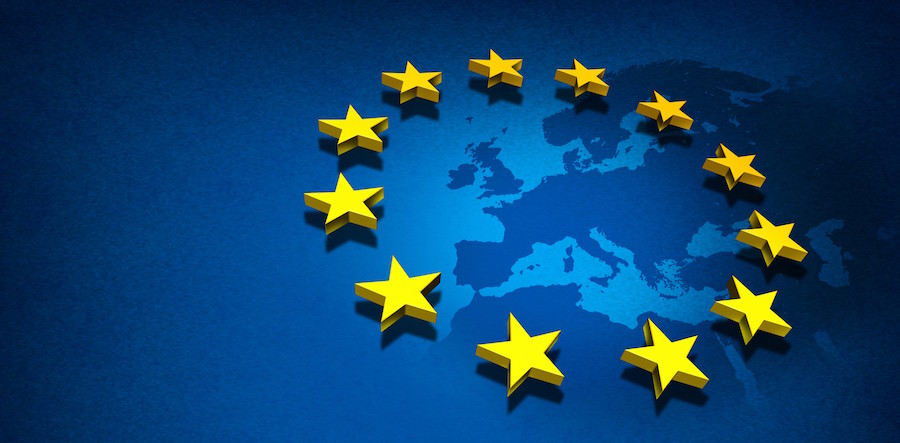Last year Facebooks’ value crossed the $200 billion mark, making it worth more than Cocoa-cola, IBM and Intel. In the U.S and Europe Google is an indomitable force in cyber space, with 90% of European searches done via Google and 65% in the U.S. To put it into perspective, Bing – which comes a not so close second – is only used for 20% of web searches in the U.S.
Amazon, which still calls itself a start-up, is the largest online retailer with 426 items purchased per second in the lead up to Christmas last year.
These figures are certainly unsettling for any potential competitor of these tech giants and what is more unsettling is that these businesses continue to prove their worth by adapting. Adaptation is the key to all three of these companies’ success.
Every year they branch out into new fields and after a few months dominate that market too. These companies are prepared to master just about anything and are pushing their resources to the brink all the time, in a manner that most companies can’t afford to.
The Future of Google?
The legitimacy of their ascendancy is being questioned as EU governments become increasingly concerned by their dominance. MEP’s in the European Union are putting pressure on the European Commission to interfere with the Google empire. With the aim of forcing a break up of the company and separating the search engine function from the rest of its conquests.
MEP’s accuse Google of funnelling search results to the detriment of their rivals and that the company gives precedence to its own creations.
It would take a long time for such a break up to be enforced but the European Commission does in theory have the power to do it. Of course not everyone in the U.S is so pleased about the proposition, with some commentators seeing it as a witch hunt concocted from Europe’s own insecurities. In this accusation they are probably not far off.
Others have argued that the proposals are only being kept alive by political incentives and the forceful backing of Google’s competitors, such as Microsoft, who want to “draw as much blood as possible”.
To read more about the UK’s stance on the Information age and her priorities check out this post: UK Law Enforcement Agencies Prioritise Information Security
Blood in the Water
It’s not just the EU who is out for Google’s blood; here at home the knives are being sharpened, by George Osborne no less. Osborne unveiled plans for a ‘Google Tax’ in his Autumn Statement this week, a tax that is set to raise £1bn from offshore companies and would target the likes of Google, Amazon and Starbucks.
These companies haven’t been doing anything that is technically illegal, rather just frowned upon; nonetheless it is clear that Osborne thinks the UK is entitled to a slice of Silicon Valley pie.
It is pretty clear why, with a Financial Times article showing that in 2012 seven leading US technology companies only paid £54m in tax to the UK whilst their UK sales amounted to an eye watering $15bn. From now on all profits made in the UK will be slashed by a 25% tax, ruthless indeed.
This tough love approach to Google’s dominance is not an attempt to diminish its influence over UK customers, just an attempt to diminish its profits. Whilst the EU is having a tantrum over Google’s continuing success, the timing of Mr Osborne’s proposition does still seem somewhat coincidental.
For now however the fortresses of Amazon and Facebook are not under siege and despite Google’s bruising from Europe, and our very own Mr Osborne, it looks it will to continue to enjoy many years of commanding the virtual market.











